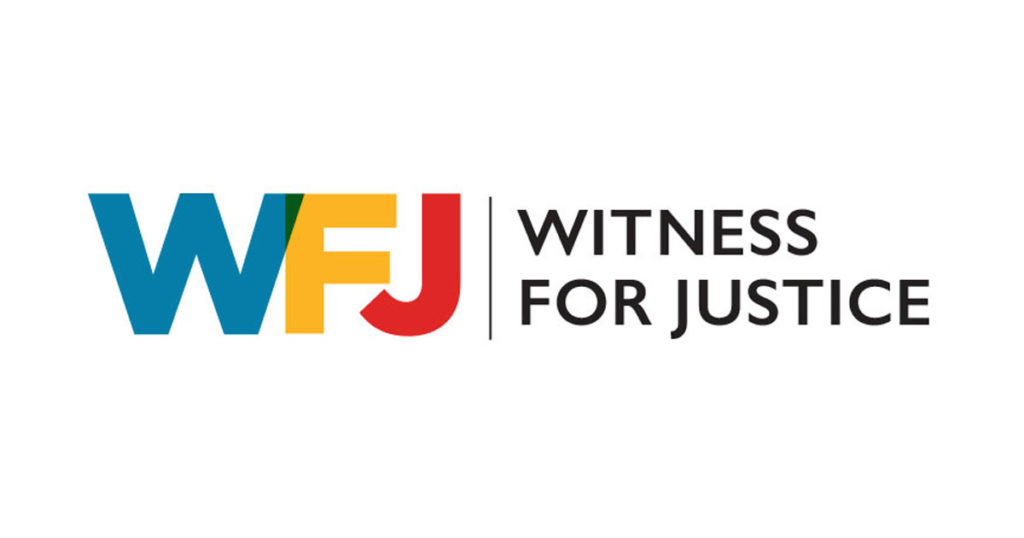Commentary: Hatred, the new mantra of democratic politics

This month Rwanda remembers the genocide that tore it apart 25 years ago when 800,000 ethnic Tutsis and moderate Hutus were massacred by Hutu extremists. Even as memories haunt and scars remain, Rwanda as one nation seems committed to heal itself by remembering the past for 100 days this year—the time it lasted from April 6, 1994.
Genocide is considered to be “a deliberate and systematic destruction of a group of people because of their ethnicity, nationality, religion or race,” per Britannica. There have been many such, even deadlier genocides before and after Rwanda: the massacre of millions through conquests and colonization, the Armenian genocide, the Holocaust, and similar pogroms in almost every continent of the world. The ongoing insidious destruction of certain communities through war and conflict, occupation, displacement, and systematic marginalization also needs to be cited as demonstration of collective hatred.
But what is now alarming is that hatred is no longer confined to the domain of social dynamics nor explained as mere xenophobia. Hatred seems to have become a pervasive feature of our political culture and a decisive factor in electoral politics. This month alone, Israel, Indonesia, and India are holding democratic processes of elections. Results from Israel already confirm the triumph of this divisive culture. Indonesia, the country with largest Muslim population in the world, will have its polls on April 17 with 190 million voters. Forecasts indicate that the majority religion and its adherents are likely to influence the outcome. India, the world’s largest democracy with over 900 million voters, has started the long-drawn phase of polling on April 11 to last for 40 days. Unabashed hate speeches have already become prominent feature of poll campaigns, and hatred seems to sell more than plans, policies and performance.
The fact that hatred has become a global phenomenon, affecting democratic processes and institutions, indicates grave dangers. In the guise of national pride, growth and security and through propaganda, exaggeration and misinformation, the interests of the powerful groups are turning democracy into majoritarian politics.As the world gets more diverse, this culture of hatred will corrupt the ways in which communities negotiate common goals and well-being while living with differences, thus turning every space into a battleground.
Religious traditions, institutions and identities seem to have become high priests of this culture of hatred. These demonic perversions of religious resources to sanctify hatred in order to assist the ruthless pursuits of the powerful and the privileged need to be exposed, resisted, and confronted before the world plunges back into the era of religious wars.
Hatred is lethal. God holds up Cain: “What have you done? Your brother’s blood is crying unto me from the ground” (Gen. 4.10). The earth cries when blood is spilt, and her cry becomes the reason for God’s intervention. The people of Rwanda warn us that there are no winners and losers in such dynamics of hatred, and that we all suffer—the earth and all her children.
Deenabandhu Manchala is Area Executive for Southern Asia of the United Church of Christ.
View this and other columns on the UCC’s Witness for Justice page.
Donate to support Witness for Justice.
Click here to download the bulletin insert.
Related News
New Life in Harm Reduction
Last Sunday, the Harm Reduction Family Love Feast formally re-launched our monthly worship...
Read MoreImagine Together
This election year registered voters had the opportunity to take our values to the polls...
Read MoreOne Sure Thing
The deadline for this column was one day before the November 5 election. By the time you read...
Read More
